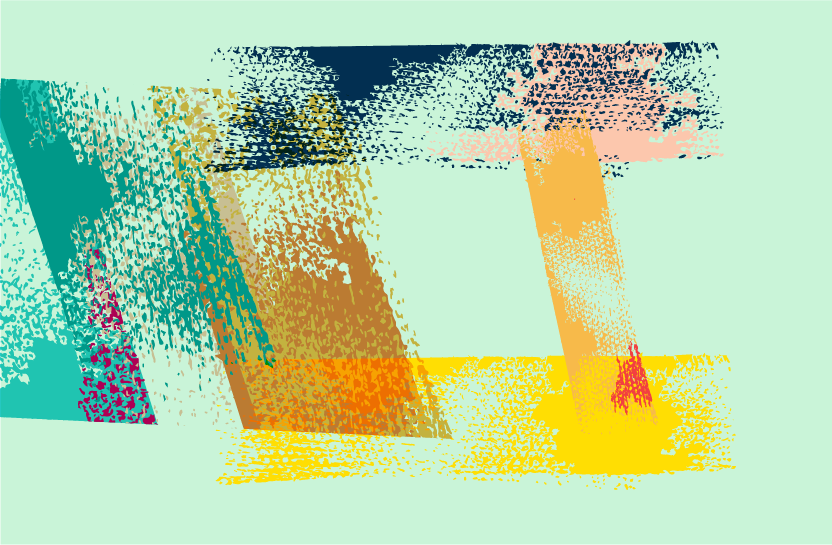Random acts of kindness versus planned generosity
February 16, 2021
4 min read
Is it better to commit random acts of kindness or to approach kindness as an intentional part of everyday life?
While both bring rewards, there may be added benefits to approaching grace and giving more thoughtfully.
Can kindness be planned?
Researcher Dr. Lara Kanin, Distinguished Associate Professor of Psychology at Simon Fraser University, focuses on topics such as wellbeing, happiness, social relationships, and altruism. Her work has shown that engaging with charitable giving can make us feel good, but only really great if we know and understand the impact of our giving.
It comes back to that old adage about good intentions along the road to not-so-great places. Having the right motivations for giving is helpful, but you can get even more of a reward if you do your research. If you receive feedback about the impact of your kindness, it is likely to feel even more meaningful to you.
An experiment for one of Dr. Aknin’s study found participants experienced more happiness when it was explained to them how their donation was being used to make a difference to the receiver of the gift.
Intentional generosity can bring greater reward
Did your donation help someone across the world to improve their living situation or are you unsure of how it was used? If you feel that your donation didn’t really make a positive change in someone else’s life, you are likely not going to feel as good about it, according to the research. The same was found for money spent personally on others.
These principles apply from the personal to the global. We can also feel better if we see a situation that bothers us and are taking conscious efforts to remedy it. By contributing towards change, we can feel that we are making an improvement—which can enhance or amend our own outlook.
With that in mind, there may be ways to more consciously be aware of how you exercise the kindness muscle in life. You don’t need to take on the world’s biggest problems but can start from right where you are, using your own basic capacities for good.
“I think we can make small acts of kindness a habit by trying to help one stranger daily,” said Dr. Aknin. “This could be as simple as holding the door open for the person behind you, letting another car ahead of you on a busy road, or treating a friend to coffee.”
You will probably feel good about it and even better if you get a smile in return.
Don’t give up on spontaneous acts of kindness
To sum up the research, kindness is most rewarding when it is informed and impactful. Putting some work into being benevolent can potentially reap more rewards, but that doesn’t mean you should give up on small acts of kindness. Neither random acts of kindness—say shovelling your neighbour’s driveway or lending a helping hand to someone in need—nor more intentional and formal forms of charitable giving can be prescribed as either right or wrong.
If kindness can’t be entirely intentional or planned, at least it can be mindful.
Even if you may not see it, your small act of kindness has the potential to have a resounding impact. There is a ripple effect that can lead beyond our direct experience, affecting and improving others’ lives.
“The relationship between helping and happiness is bi-directional, which means that helping makes you happy and happiness promotes helping behaviour,” said Dr. Aknin. “I find this particularly exciting because it means that a few small kind deeds may set off a virtuous cycle.”
So, go and be kind. Then imagine the impact of that kindness spreading out far and wide.
If you feel inspired to create an impact, then Charitable Impact is here for you. With our free Impact Account, you can support all of your favourite causes from one place. Add funds to your account at any time, take the time and space to plan your impact, and then send gifts from your account to the causes you care about.
You can manage all your charitable giving on the go with the Impact Account iOS app. It’s one app for all your giving. Download your Impact Account app now.
